Election 2015: Cameron wants to sell Lloyds shares to public
- Published
David Cameron says Lloyds share sale will "help us recover billions more"
Up to £4bn worth of Lloyds Bank shares will be offered to small investors at below-market prices if the Conservatives win the election, David Cameron has confirmed to the BBC.
The offer would be part of the £9bn sale of shares in the bailed-out bank announced in the Budget in March.
Mr Cameron said it would "help us recover billions more to pay down the national debt".
Labour said the Tories had announced the plans at least seven times before.
Shadow Chancellor Ed Balls said he would be "happy to have a look at" the plan as long as it was not which would lead to big institutional investors "making a killing".
The Liberal Democrats said the idea had been looked at by the coalition government but decided against because it was not clear the money could be recouped for the taxpayer.
In other election-related news:
Labour says the number of NHS nurses in England is set to fall by almost 2,000 over the next four years, according to government projections
Labour leader Ed Miliband tells the Observer he wants to reach out to undecided or disaffected voters of all inclinations, external, saying he is positioned in the "mainstream of politics"
Lib Dem Business Secretary Vince Cable tells the BBC's Andrew Marr Show it would be "difficult to work" with Labour or the Tories but the party is willing to work with other parties "in the national interest"
SNP leader Nicola Sturgeon tells the same programme she will not do a deal with Mr Cameron "under any circumstances" and insists they would be a "constructive force"
Mr Cameron tells Marr he's not planning any deal with UKIP, who "will be lucky to get one seat" anyway, adding: "I'm not going to talk about anything other than winning an overall majority"
UKIP leader Nigel Farage accuses Mr Cameron's bombing of Libya in 2011 of "directly causing" migrant disasters in the Mediterranean Sea and says he believes there will be "a complete stitch-up" on a referendum over Europe if Mr Cameron wins a majority
The latest opinion polls continue to offer conflicting views - Opinium for The Observer has Tories - 36%, Labour - 32%, Ukip - 13%, Lib Dems - 8%, and Greens -5%
In contrast, YouGov for The Sunday Times has Labour - 36%, Conservatives - 33%, Ukip - 13%, Lib Dems - 8% and Greens - 5%
The deadline to register to vote in the election is at midnight on Monday. Find out how to register
Under Mr Cameron's plans, buyers who keep their Lloyds shares for a year will be rewarded with a loyalty bonus.
It will include one additional free share for every 10 shares that they still hold.
With Lloyds shares closing at 78.75p on Friday, those offered to individual investors will be sold for more than the 73.6p a share paid by the previous Labour government when it bailed out the bank following the financial crash of 2008.

Analysis - BBC Conservative campaign correspondent Carole Walker
Two weeks into this closely-fought contest and David Cameron is trying to rework another Thatcher hit from the 1980s. Ed Miliband is embarking on a week of campaigning on Labour's favoured home territory of the NHS. They both appear to be out to convince and reassure their own natural supporters. Neither seems poised to make a dramatic breakthrough and win an overall majority.
The polls suggest the only party on course to make big gains is the SNP which could end up with as many as 50 MPs at Westminster. Hence the increasingly fevered speculation about what role they could play in determining who governs the country.
David Cameron is ratcheting up the rhetoric on the dangers of a Labour government propped up by the SNP, warning of a group of nationalists coming to Westminster to break up the country.
Labour and the SNP have ruled out a coalition. But Labour's Angela Eagle has kept the door open to a vote-by-vote deal with the SNP, saying her party would speak to any other party represented in the Commons to build a majority for its Queen's Speech.
The SNP will launch its manifesto tomorrow. Stand by for more arguments about what sort power and influence the nationalists might wield at Westminster - and what that will mean for the rest of the UK.

The prime minister said: "We haven't announced it before. We've said we want to see Lloyds back in the private sector but we haven't said there'll be a retail offer so they can own shares in healthy, successful British banks.
"The crucial point is it's more of clearing up the mess that Labour left us. The taxpayer put £20bn into these banks and I want to get the money back.
"We've already recovered billions and this will help us to recover billions more to pay down the national debt.
"But I think that at the same time that having people in our country being able to own shares in healthy, successful British banks is the sort of country we should be building."

Analysis
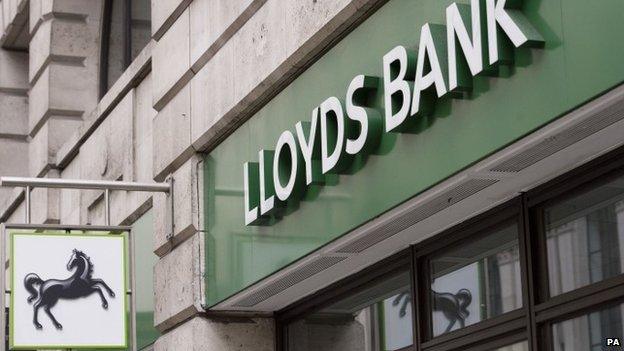
By Joe Lynam, BBC business correspondent
In Feb 2007, 19 months before Lloyds TSB merged with HBOS to form Lloyds Banking group, shares stood at 600p. Today, 8 years, 2 bailouts and one financial crisis later Lloyds shares stand at 79p. At this price the Government would be selling at a profit. But not a huge one. Lloyds shares are booked at a buy-in price of 61p in the Government's national accounts but because there were 2 bailouts (2008 and 2009) the more realistic figure is anything above 73p a share.
So if a 5% discount is applied to the current share price it would mean a meagre 2p a share profit for taxpayers. Having said that the prospects for Lloyds are good. They're a profitable, low cost bank focusing exclusively on retail and business customers in Britain. They've the biggest share of the mortgage market and a huge physical presence on the UK High Street.
They'll also soon be paying dividends to shareholders, which more than can be said for fellow bailed-out bank RBS.

For Labour, Chris Leslie, shadow Chief Secretary to the Treasury, said: "The Tories have now announced this seven times. They promised it before the last election and they're turning to it again just weeks before this election."
Mr Balls told Sky News said: "If the best way to make sure that small savers get a fair deal is to have a discount, that's something I'm really happy to have a look at."
But he said the government had got it wrong with the Royal Mail sale and said he would not sell the shares at a discount if "the killing doesn't go to the taxpayer, the national debt - it goes to big institutional investors".

The politics explained
By Chris Mason, BBC politics correspondent
It is known as a retail share offer: but it also amounts to a retail political offer.
Elect a Conservative government, David Cameron will say, and we will make shares available to the public - and not just to institutional investors such as pension funds.
The Tories hope that now the Lloyds share price is above the amount the previous government paid for the shares they can be sold at a profit to the taxpayer.
For the second time in a week - after their announcement offering the right to buy housing association homes in England - the Conservatives are again reviving an idea pioneered by Margaret Thatcher that they hope will be popular.
Labour said this was the seventh time David Cameron had announced the plan to sell Lloyds shares.

Lib Dem Chief Secretary to the Treasury Danny Alexander said it was a "highly irresponsible" proposal.
"This idea is one that we have looked at several times in government... and decided against, because it's not been clear that we'd be able, through this method, to get the money back for the taxpayer," he told BBC Radio 5 Live.
"The British people have put a lot of money and made a lot of sacrifices as a consequence of the financial crisis, and as we are able to return these banks to the private sector, people should be able to benefit."
UKIP's Nigel Farage said he welcomed plans to return Lloyds to private ownership with a big discount offering to members of the public "but the price must be right otherwise the taxpayer loses out".
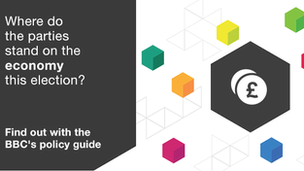
Under the terms of the retail offer, buyers will receive a discount of at least 5% on the market price at the time of the sale, with priority being given to investors purchasing up to £1,000 worth of shares.
The minimum purchase will be £250 and there will be a maximum limit of £10,000.
The government has already raised £9bn from the sale of Lloyds shares, and the state's stake in the bank - which was 43% at the time of the bailout - is now down to 22%.
The proceeds from the latest offering will be used to pay down the national debt.
Subscribe to the BBC Election 2015 newsletter, external to get a round-up of the day's campaign news sent to your inbox every weekday afternoon.
- Published19 April 2015
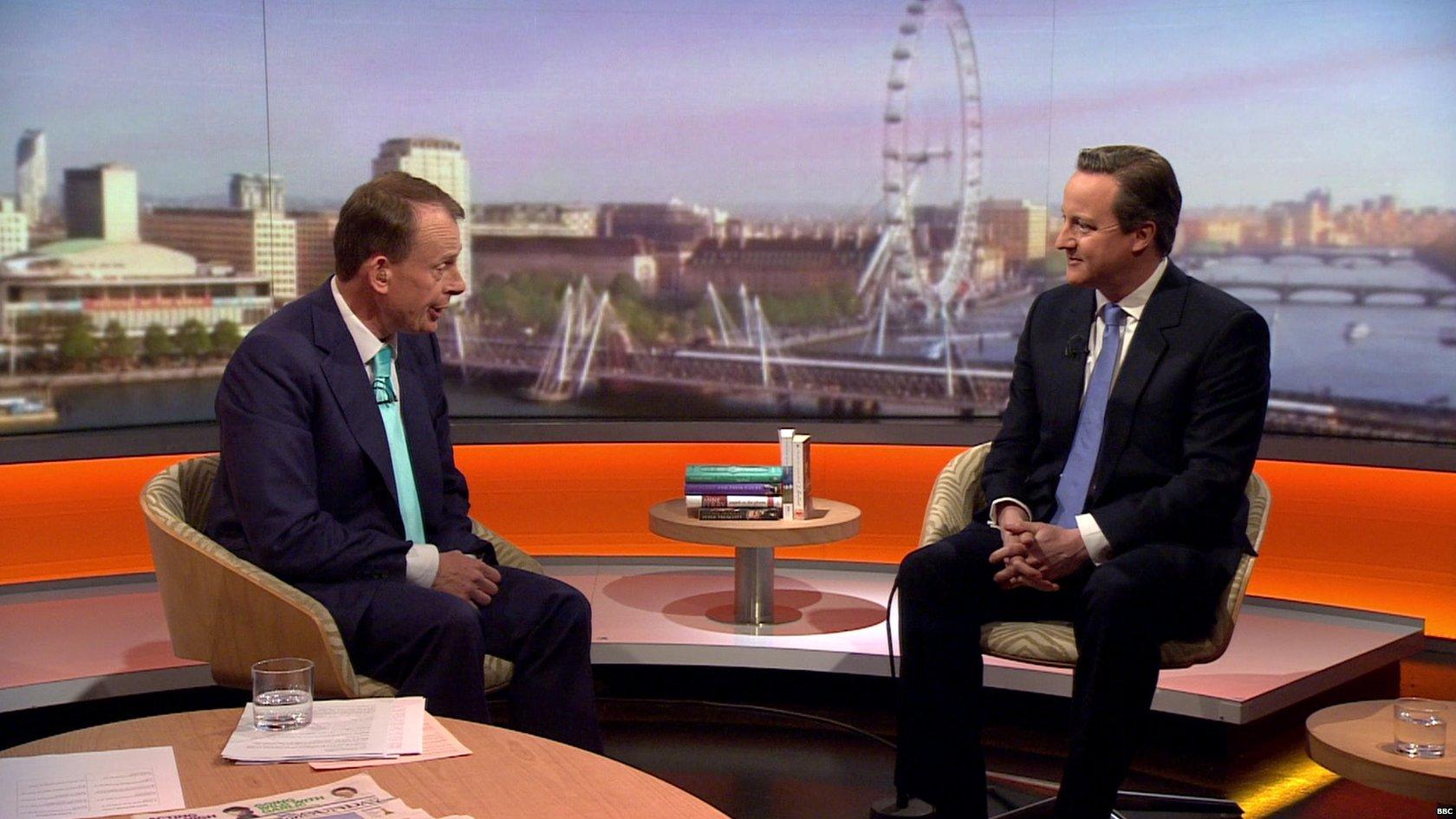
- Published19 April 2015
- Published19 April 2015
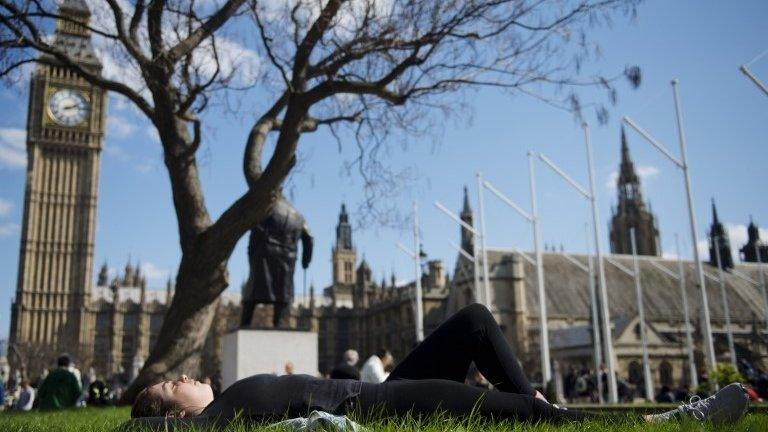
- Published19 April 2015
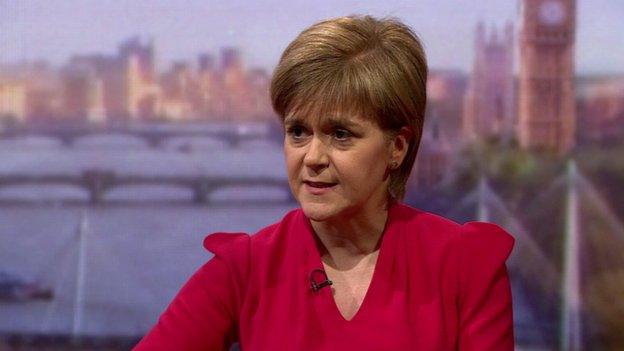
- Published14 April 2015
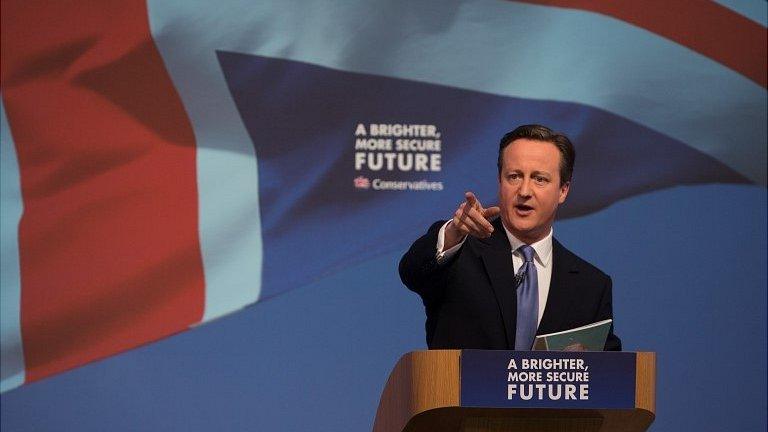
- Published16 April 2015
